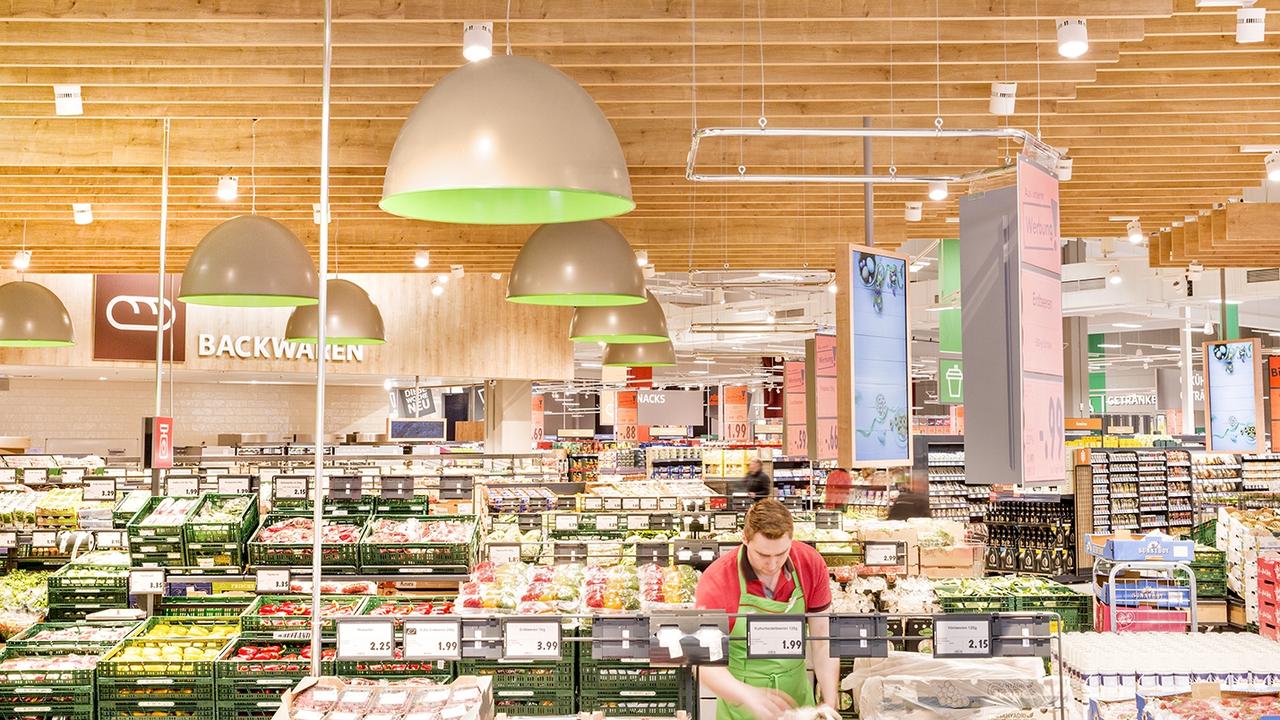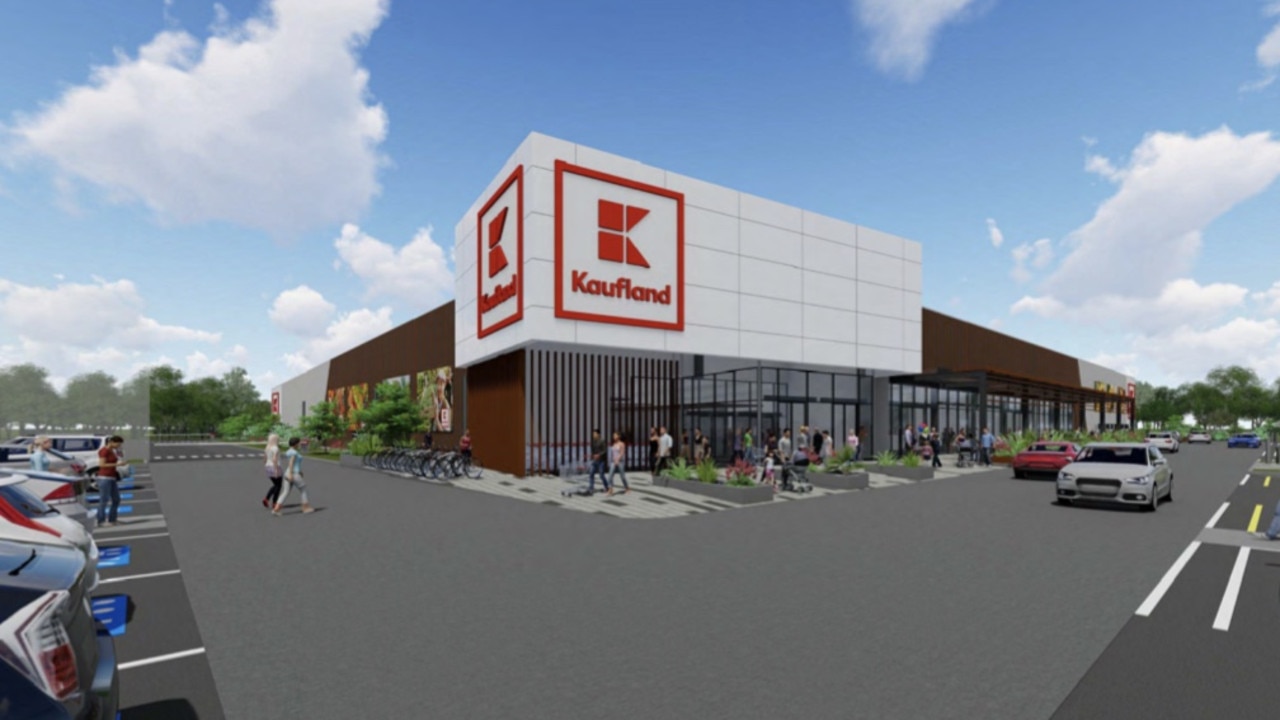Why German supermarket pulled the pin on Australia after investing millions
Retail experts say the German supermarket giant’s shocking Australian backflip could end up costing a fortune. So what really happened?
Kaufland’s hasty exit from the Australian market after months of hype sent shockwaves through the retail industry.
Insiders described being “gobsmacked” and “blindsided” by this week’s announcement, which comes after the multibillion-dollar company had already hired 200-off staff members, snapped up a number of sites and poured hundreds of millions into the country.
So what actually happened?
WHAT IS KAUFLAND?
The German hypermarket chain – which is part of the Schwarz Gruppe, which also owns the Lidl and Handelshof brands – opened its first store in 1984.
It expanded rapidly across Germany and Europe and today operates almost 1300 stores in Germany, the Czech Republic, Slovakia, Poland, Romania, Bulgaria, Croatia and Moldova, employing 130,000 staff members.
The sprawling stores sell a range of fresh grocery items as well as other non-food items like cosmetics.

AUSSIE EXPANSION
In November 2016 Kaufland’s parent company applied for Kaufland trademarks in Australia, sparking fevered speculation it was launching Down Under.
In March 2017 its Australian website was up and running and in October that year it purchased its first site in South Australia, forking out around $25 million.
Throughout 2018 it began recruiting staff and firming up plans for Australian sites.
In 2019 it began constructing a $450 million distribution centre in Victoria and purchasing other sites across the country.
But this month those ambitious plans were left in ruins, with the company abandoning its Australian plan altogether, leaving 200 Aussie staff members in the lurch.
It had reportedly invested as much as $500 million into Australia already, but experts told news.com.au the total loss could come closer to a billion dollars.
KAUFLAND’S EXIT
So far, details behind the decision have been scant, with the company simply confirming the sudden withdrawal in a brief statement earlier this week.
“This decision is about focusing business activities in Europe and is in no way a reflection of the efforts of our local employees or management, or the support Kaufland has received from the Australian business community or governments,” the statement reads.
Kaufland International acting CEO Frank Schumann also issued an apology for the disruption, and said the chain had to focus on its traditional market.
“We always felt welcome in Australia. We would like to thank our employees and we apologise for the disruption this decision will cause,” he said.
“In Europe, we see a great deal of growth potential. We will actively shape the consolidation of the European retail sector, thus further reinforcing our leading position,” he said.
Queensland University of Technology retail expert Gary Mortimer told news.com.au earlier this week that one of the biggest challenges Kaufland faced Down Under was finding suitable locations for its sprawling hypermarkets, as well as the distribution of goods across the vast continent.
He said access to a supply of fresh produce had already been affected by environmental factors like the drought and bushfires and that supermarket behemoths Coles and Woolworths had increasingly locked in long-term contracts with suppliers in recent years.

SHOCK ALLEGATIONS
This morning, the Australian Financial Review revealed the Australian Competition and Consumer Commission (ACCC) was looking into allegations suppliers planned to “withhold supply” to Kaufland “in fear of reprisal from Coles and Woolworths”.
One supplier told the publication the alleged withholding of supply meant the newcomer would have faced “ten years of losses”.
Brian Walker, who runs the Retail Doctor Group consultancy, told news.com.au if the claims were correct, it would be one of the reasons behind Kaufland’s withdrawal.
He said Kaufland was also facing a “fairly tough” domestic situation with a market contraction and a difficult economy, as well as disappointing recent trading results in Europe.




